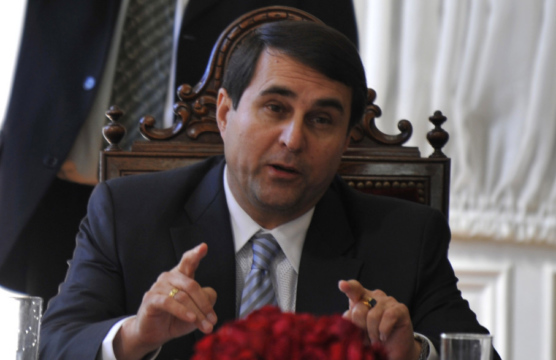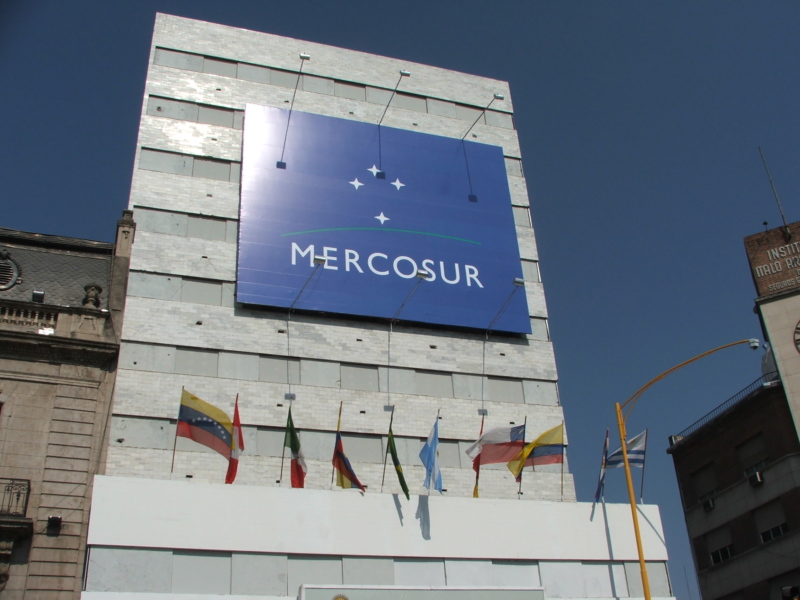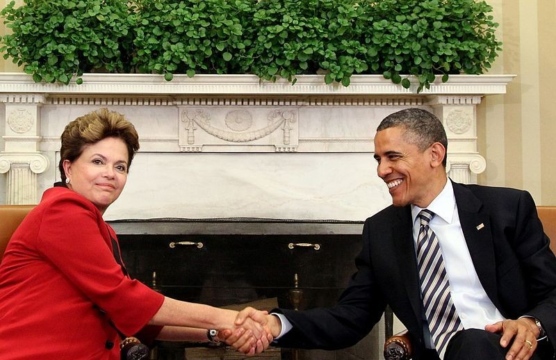
A Conversation with Federico Franco
With no access to the sea and just a fraction of the continent’s economic output, Paraguay will have to play by its neighbors’ rules for the time being.
After 20 years of on-and-off negotiations, leaders from the European Union and South America’s Mercosur trade bloc announced late last month that they had reached a sweeping trade agreement encompassing 800 million people and almost a quarter of the global economy. Hailed on both sides of the Atlantic as a “landmark,” the accord must still be ratified by the negotiating parties’ legislatures, and it faces stiff opposition in key European countries like France and Ireland as well as in the four Mercosur member states of Brazil, Argentina, Paraguay and Uruguay. In an email interview with WPR, Bruno Binetti, a Buenos Aires-based research fellow at the Inter-American Dialogue, discusses the many obstacles standing in the way of the deal’s successful implementation.
World Politics Review: Why did negotiations on this deal drag on for two decades? What were the main sticking points that held up a final deal?
[...]
With no access to the sea and just a fraction of the continent’s economic output, Paraguay will have to play by its neighbors’ rules for the time being.
Her visit to Washington approaching, Dilma Rousseff finds herself confronted by diverse challenges.
Mercosur now appears poised to undertake the development of internationally comparable education statistics and indicators for its member countries,
 Hamner Photos / Flickr / CC BY 2.0
Hamner Photos / Flickr / CC BY 2.0
 Video
Video